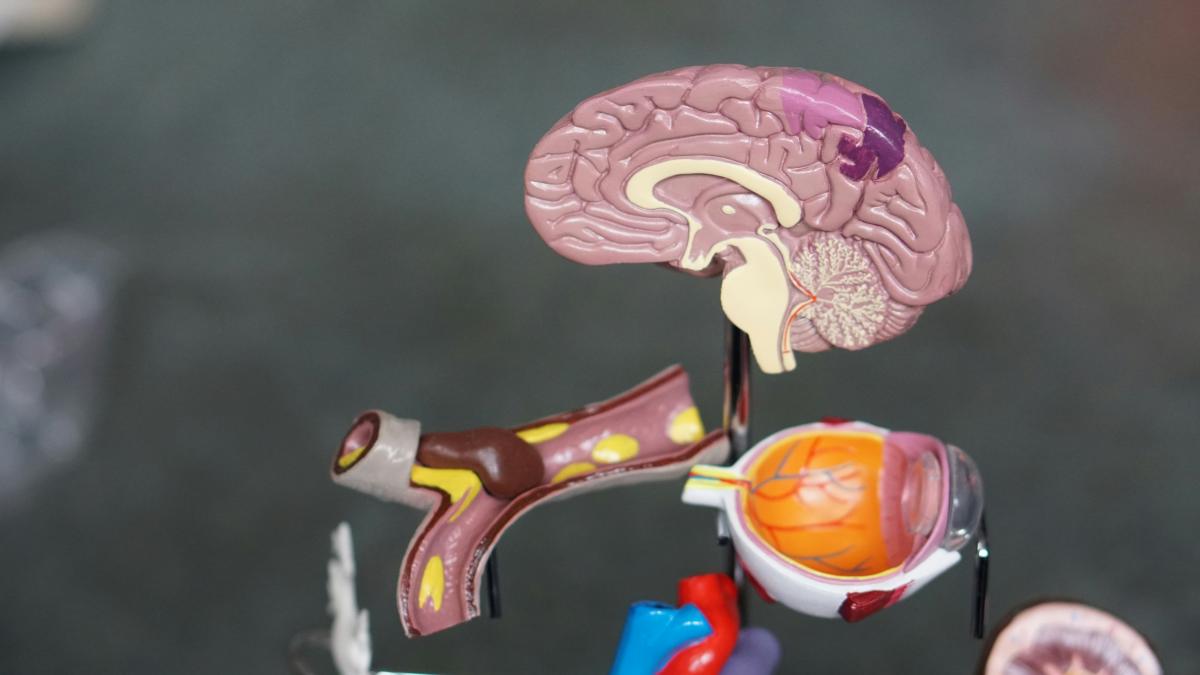Hit Your Head Cycling? What to Do Next

It only takes a moment — a crash, a fall, a knock to the head. Now you’re left wondering how serious it might be.
Cycling head injuries are more common than people realise. You don’t need to be hit by a car for it to happen. A pothole, a sharp brake, or a sudden jolt can be enough. Some symptoms appear right away. Others creep in slowly — a dull headache, trouble focusing, or a wave of anxiety that doesn’t make sense.
This guide will help you understand:
What symptoms to watch for in the hours and days after the crash
What to expect in the short and long term
A real cyclist’s experience recovering compensation
Why keeping records can support your health and your legal rights
If you’ve hit your head in a crash, take a breath. You’re not overreacting — and you’re not alone.
1. How Serious Could It Be?
Head injuries aren’t always easy to spot. You might feel fine at first — no blood, no obvious wound — just a bit shaken. But even a mild knock can lead to brain trauma.
You don’t need to lose consciousness for an injury to be serious. Symptoms like light-headedness, nausea, fatigue, or struggling to speak clearly can signal concussion. These may take time to appear.
Helmets help reduce the impact but can’t prevent all types of injury — particularly those caused by the brain moving inside the skull.
If something feels off, take it seriously. Trust your body. Get checked.
2. Common Symptoms After Hitting Your Head
Symptoms may appear straight away, or only hours later. Common signs include:
Physical:
Headache
Dizziness or balance issues
Nausea
Blurred vision
Sensitivity to light or sound
Cognitive or emotional:
Confusion or disorientation
Memory gaps
Difficulty concentrating
Irritability or anxiety
Low mood
Even if you only experience one or two of these, it’s worth noting. Head injuries can be unpredictable. If you feel “off,” don’t ignore it.
3. Short-Term vs Long-Term Impact
For many, symptoms ease within days. Headaches fade, energy returns, and normal life resumes. But recovery isn’t always that simple.
Short-term symptoms like tiredness, noise sensitivity, or brain fog are common in the first few days. Most people improve with rest and patience.
Longer-term effects — often called post-concussion syndrome — can include:
Ongoing fatigue or forgetfulness
Trouble sleeping
Mood changes
Feeling unlike yourself
If symptoms continue beyond a week, speak to your GP. Ongoing signs don’t mean you’re overthinking things. They mean your brain needs more time and care.
4. Melinda’s Story
Melinda, a facilities manager in her 40s, was knocked off her bike at a busy junction. She didn’t lose consciousness, so assumed she was okay.
But over the next few days, she struggled with focus, memory, and mood. A GP referred her to a specialist, where she was diagnosed with a traumatic brain injury.
Cycle Legal helped Melinda secure a six-figure settlement — covering lost income, medical care, and the emotional toll. That support gave her space to recover and return to work gradually.
Her case isn’t unusual. Many cyclists don’t realise how serious their head injury is until days or weeks later. Early documentation — and the right legal advice — can make a huge difference.
5. Keep a Record — Even If You Feel ‘Fine’
After a crash, it’s easy to downplay what happened. But head injuries evolve. Keeping a simple record helps you track symptoms and supports any future claim.
Record things like:
How the crash happened
Whether you felt dizzy, confused, or blacked out
What symptoms appeared and when
Missed work or activities
Medical visits or diagnoses
How the injury affects daily life
Even brief notes on your phone are enough. They help doctors spot patterns — and give clear evidence if you later need to claim compensation.
It can also help to ask someone close to you if they’ve noticed changes. Others often see what we can’t.
6. When to Seek Medical Advice (and Why It Matters Legally)
If you’ve hit your head in a cycling crash, it’s always worth speaking to a doctor — even if your symptoms feel mild.
Head injuries aren’t always obvious. You might feel fine after the fall, but experience dizziness, headaches, or memory issues later. A medical assessment gives clarity, peace of mind, and an official record of your injury.
This matters not just for your health, but also for any future claim. If symptoms worsen or take time to appear, early medical notes can make all the difference.
Don’t wait until it gets worse. Book an appointment, explain the accident clearly, and mention even small changes in how you’re feeling. A visit now could protect you later — medically and legally.
No Win, No Fee – Cycle Legal Fights for You
- Cycling head injury claims – even without a helmet.
- Proving liability & countering contributory negligence claims.
- Ensuring you receive the maximum cycling accident compensation.
Call us today on 0203 735 9652 or email kevinosullivan @cycle-legal.co.uk for a free consultation – No Win, No Fee.
Your injuries aren’t your fault — don’t let insurers say otherwise.
Get in touch today